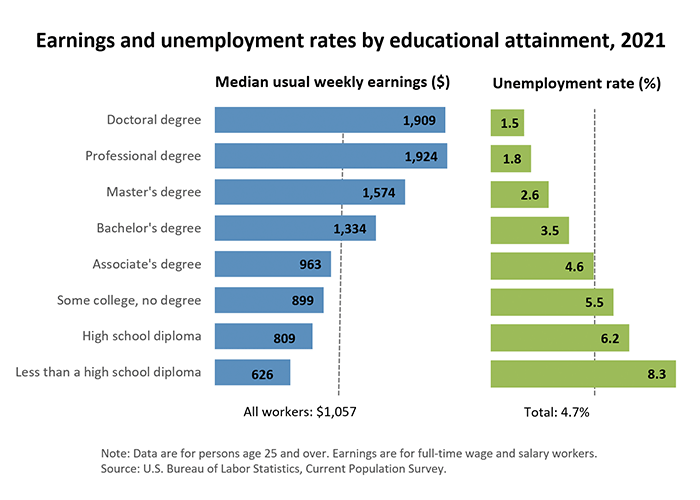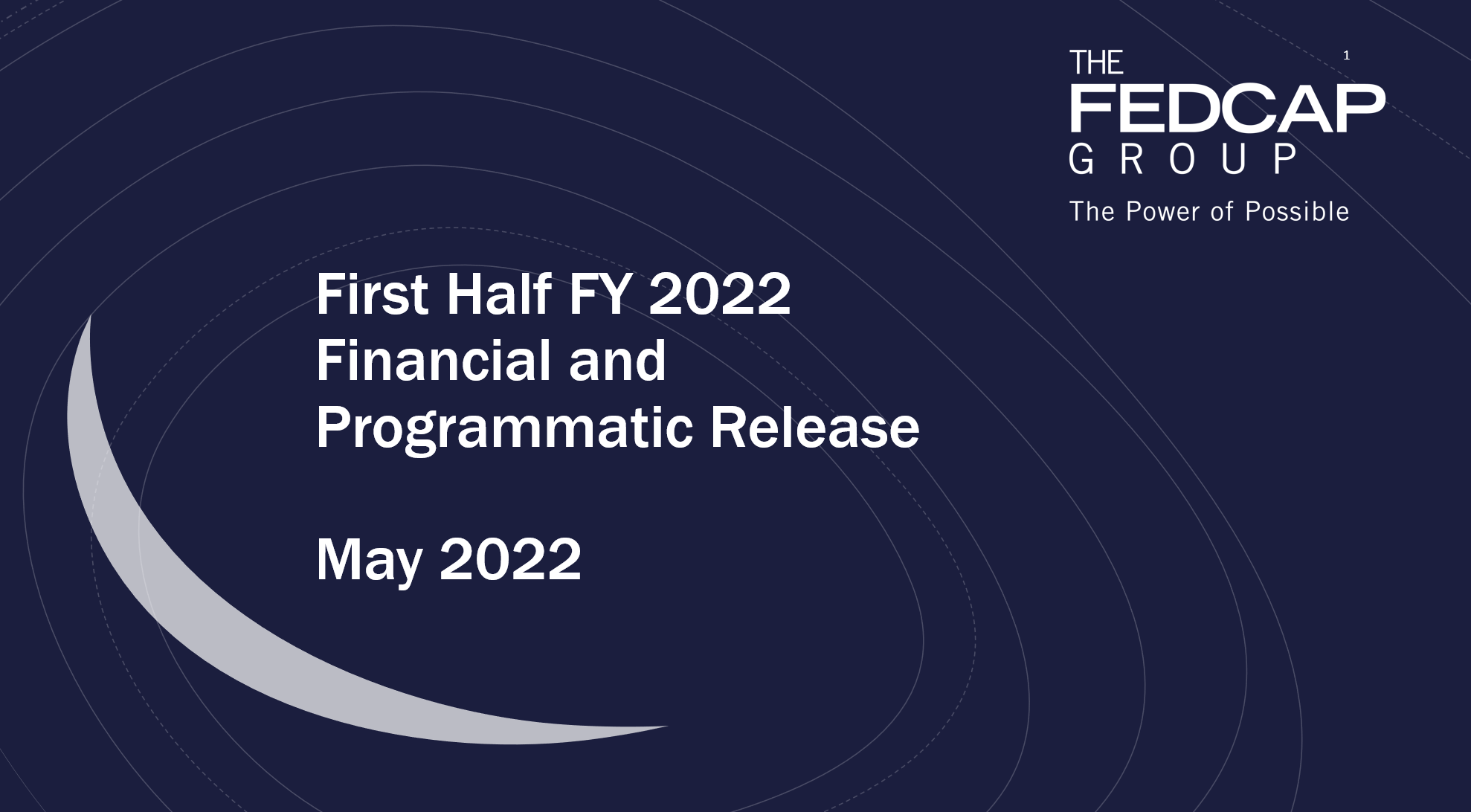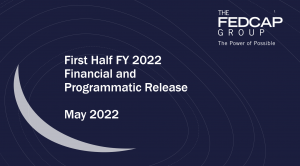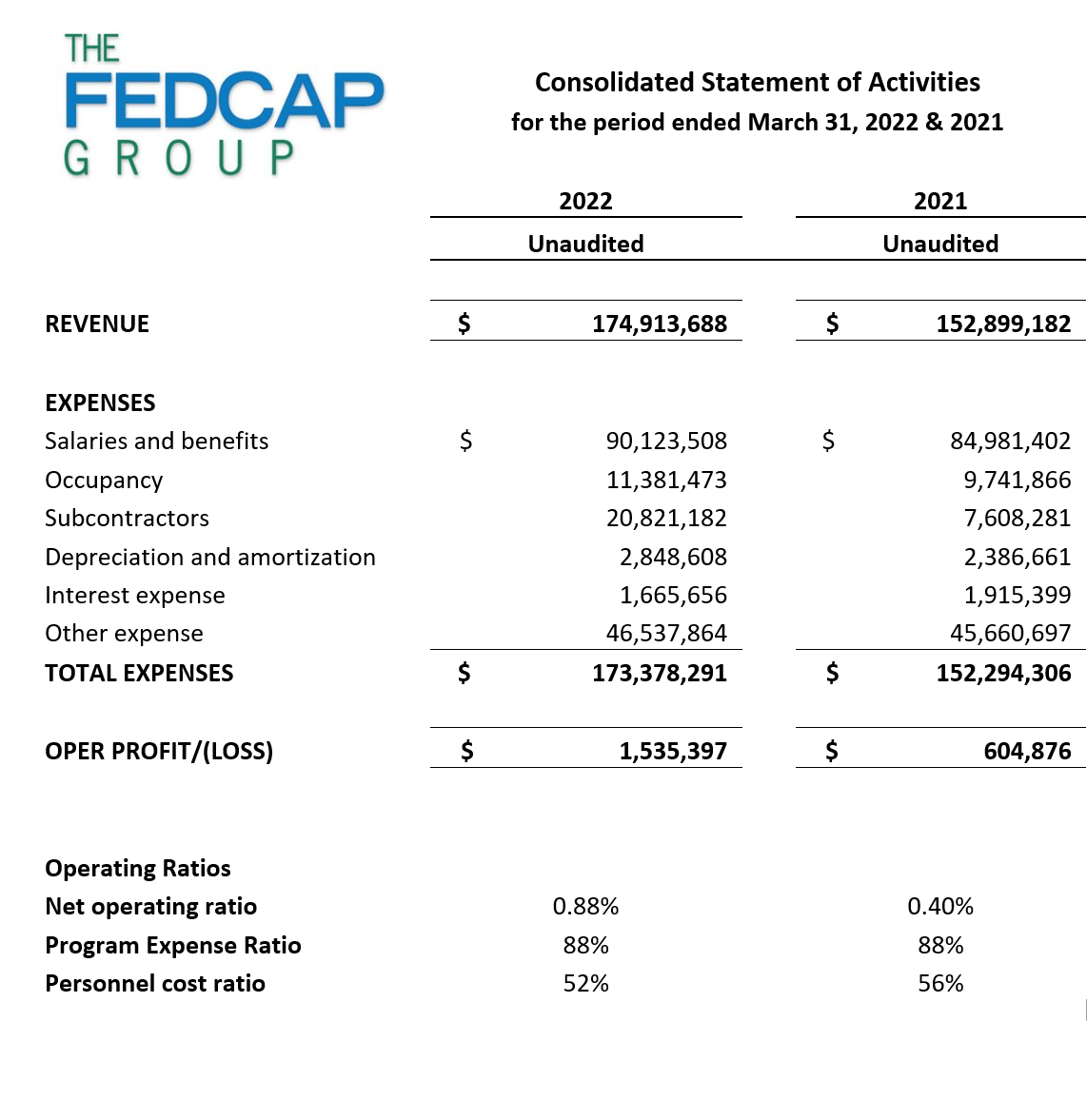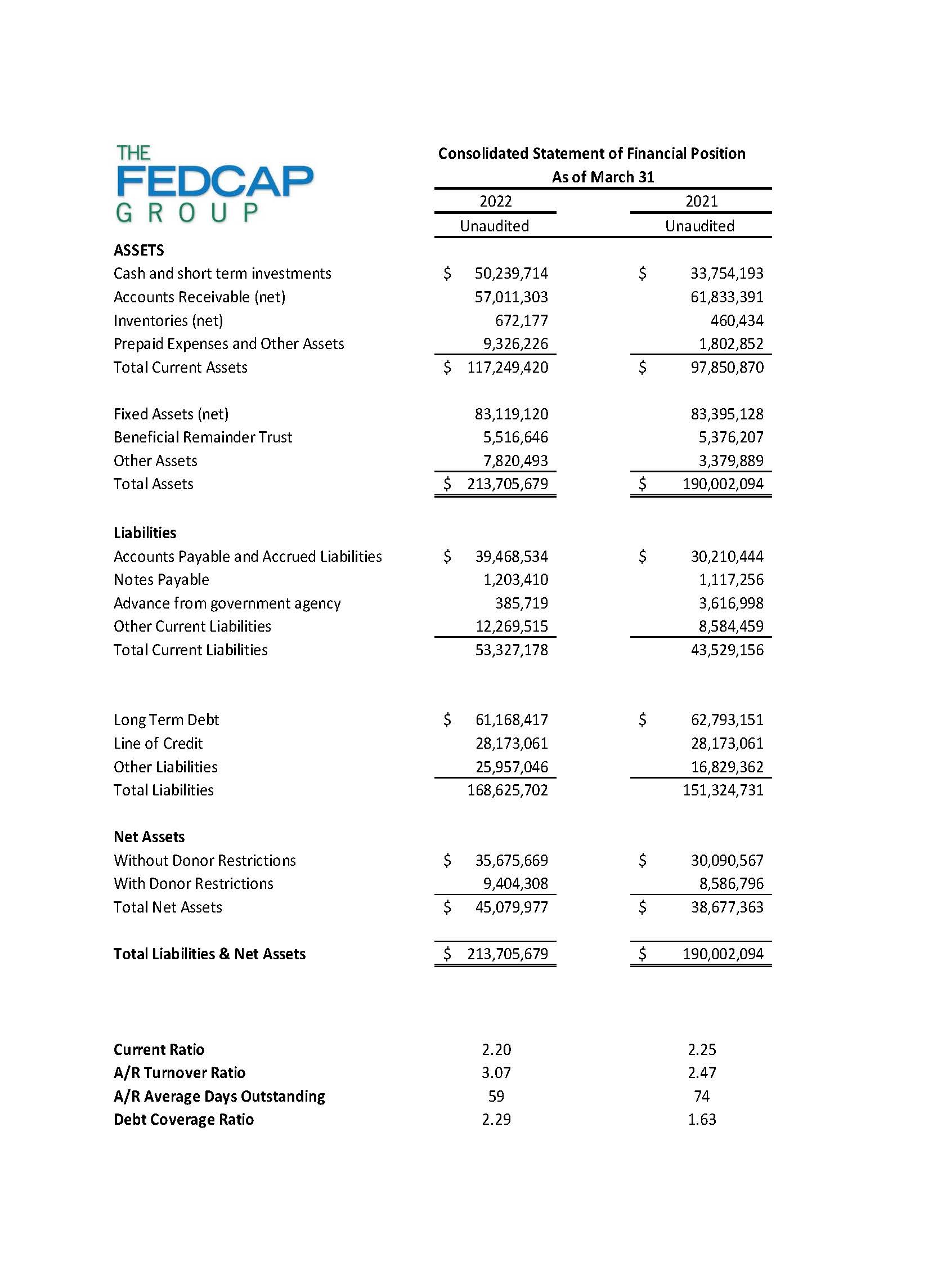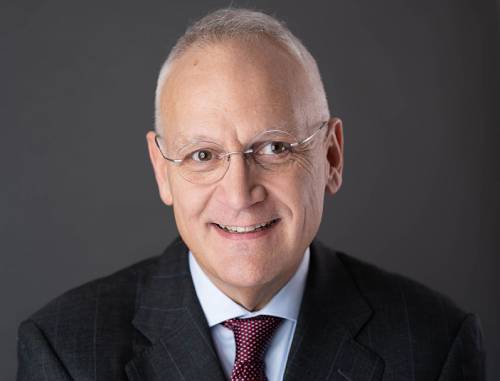Achieving Long-Term Economic Well-Being: Budgeting and Saving

June 13, 2022
On May 23rd Insights began the exploration of the process involved in helping individuals we serve achieve long term economic well-being. In the past weeks we have considered attitudinal barriers, goal setting, and becoming financially literate as highlighted below.
Step One is the identification and elimination of the attitudinal barriers and limiting beliefs that hold us back. When you grow up lacking money or the resources to make enough of it, thinking that there is a shortage of resources, or watching people around you live paycheck to paycheck, you may be more likely to believe that wealth is reserved for a select few. This way of thinking is tremendously limiting and needs to change.
Step Two is setting a goal and identifying your guide. Harvest Platform compares the process to driving to a destination you haven’t been to before. What I loved about this analogy is that the vehicle to get to the destination does not matter. A station wagon will get you to the same destination just as competently as a sports car. Even walking long enough to the destination will still get you there—as long as you know where “there” is.
Step Three is to educate yourself about money—become financially literate. Being financially means you have a basic understanding of finances and that you have a grasp on the value of money. This can include everything from getting out of debt, budgeting, insurance, investments, real estate, college and retirement planning to and tax and estate planning. Financial literacy is the foundation of your relationship with money, and it is a lifelong journey of learning.
THIS WEEK WE WILL EXPLORE BUDGETING AND SAVING.
The ability to budget and save money assumes that you have a regular source of income. You cannot invest without saving money, and you can’t save money without a regular income. This is foundational—if you have no money coming in, you have no means of paying bills, saving money and building toward economic well-being.
Step Four: Budget. Creating a budget and sticking to it is crucial if you want to achieve long term economic well-being. A budget is a plan that shows you how you can spend your money every month. Making a budget can help you make sure you do not run out of money each month.
A budget also will help you save money for your goals or for emergencies. According to consumer.gov the steps to making a budget are as follows:
- Document other expenditures for three months—to be able to see your spending patterns for things like food, entertainment, clothing, school supplies, etc. Document every penny spent—every day. This is the only way to get a real handle on your spending.
- Document other expenditures for three months—to be able to see your spending patterns for things like food, entertainment, clothing, school supplies, etc. Document every penny spent—every day. This is the only way to get a real handle on your spending.
- Write down how much money you make. This includes your paychecks and any other money you get, like child support.
- Subtract your expenses from how much money you make. This number should be more than zero. If it is less than zero, you are spending more money than you make.
- Then you need to look at your budget to see how you can cut your spending. By identifying and cutting unnecessary expenses, your journey to economic well-being will be shorter—not short but shorter.
Step Five: Save. According to Harvard Business Review, the budgeting technique 50:30:20 is a very effective strategy for building economic well-being. In this technique, you formulate a budget where 50% of income goes to essential expenses (rent, mortgage, food, healthcare), 30% to non-essentials like shopping, vacation, entertainment, and 20% to savings and investments.
While saving 20% of your income might be too lofty a goal for now, the process of trying to save 20% tells you that there are many opportunities for cutting down on expenses that you probably have not yet considered. Remember, it is not about how much you make but how much you keep.
Keep your savings in a different place than you keep your spending. Open up a savings account and as much as possible, only add money. While you may need to tap your savings for emergencies or unanticipated expenditures—and having the money available is a very good thing—the goal is to build sizeable savings that you can in turn invest to grow your money even more.
These five simple steps are the foundation for economic well-being. While they require discipline, the short- and long-term benefits are measurable and make a profound difference.
As always, I welcome your thoughts.

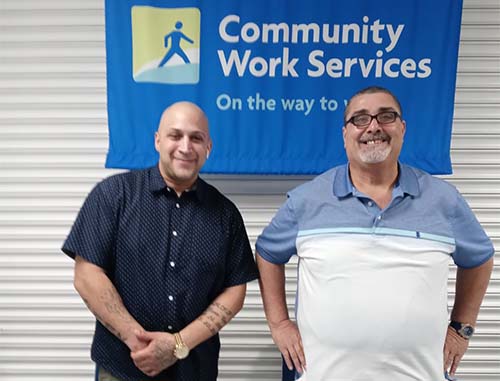
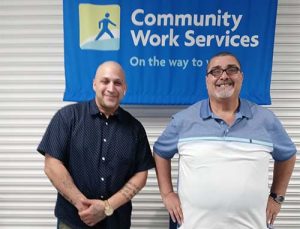


 But this would be their last mission. Shortly after taking off from that lonely, dusty hilltop, they along with the four helicopter crewmembers were killed when the helicopter suffered a malfunction and spun out of control into the ground.
But this would be their last mission. Shortly after taking off from that lonely, dusty hilltop, they along with the four helicopter crewmembers were killed when the helicopter suffered a malfunction and spun out of control into the ground.

